It’s a prescient time to hold a discussion on designers role in democracy. With recent political events seeing waves of people newly engaging in politics, and the Palace of Westminster currently undergoing significant restoration, we have a unique opportunity to explore the relationship between politics and the built environment. This was the theme of Museum of Architecture’s debate.
The evening brought together top speakers from interested parties across the country, chaired by Susanna Lumsden, an architect and the accommodation manager for the House of Commons. The first speaker, Professor of Politics Matthew Flinders, discussed new parliaments as the symbolic manifestation of new ways of thinking, citing Scotland and Wales as good examples. However, he underlined the need to define ‘good politics’ in order to design spaces for the promotion of good politics and stated that this would require research and experimentation. There is an established link between space and behaviour, something found in educational and hospital buildings, something which could be extended to parliament.
The final speaker showed how this can work in practice, David Mulder van der Vegt, Partner at architecture firm XML, discussed his research based approach to design. His book, ‘Parliament’ is the culmination of 7 years travelling the world to discover the range of parliamentary typologies and the effect this has on the atmosphere and style of debate.
The key conclusion was the need for research and discussion. Designers and architects should involve themselves in the debates on designing for democracy. Although the consultation period for the Palace of Westminster hasn’t started, we have the power to pre-empt the discussions and influence the creation of more accessible places and more publicly engaging spaces. The Museum of Architecture’s talk was part of their public programme on architecture and citizenship, and this I would say, is not a bad place for us to start.

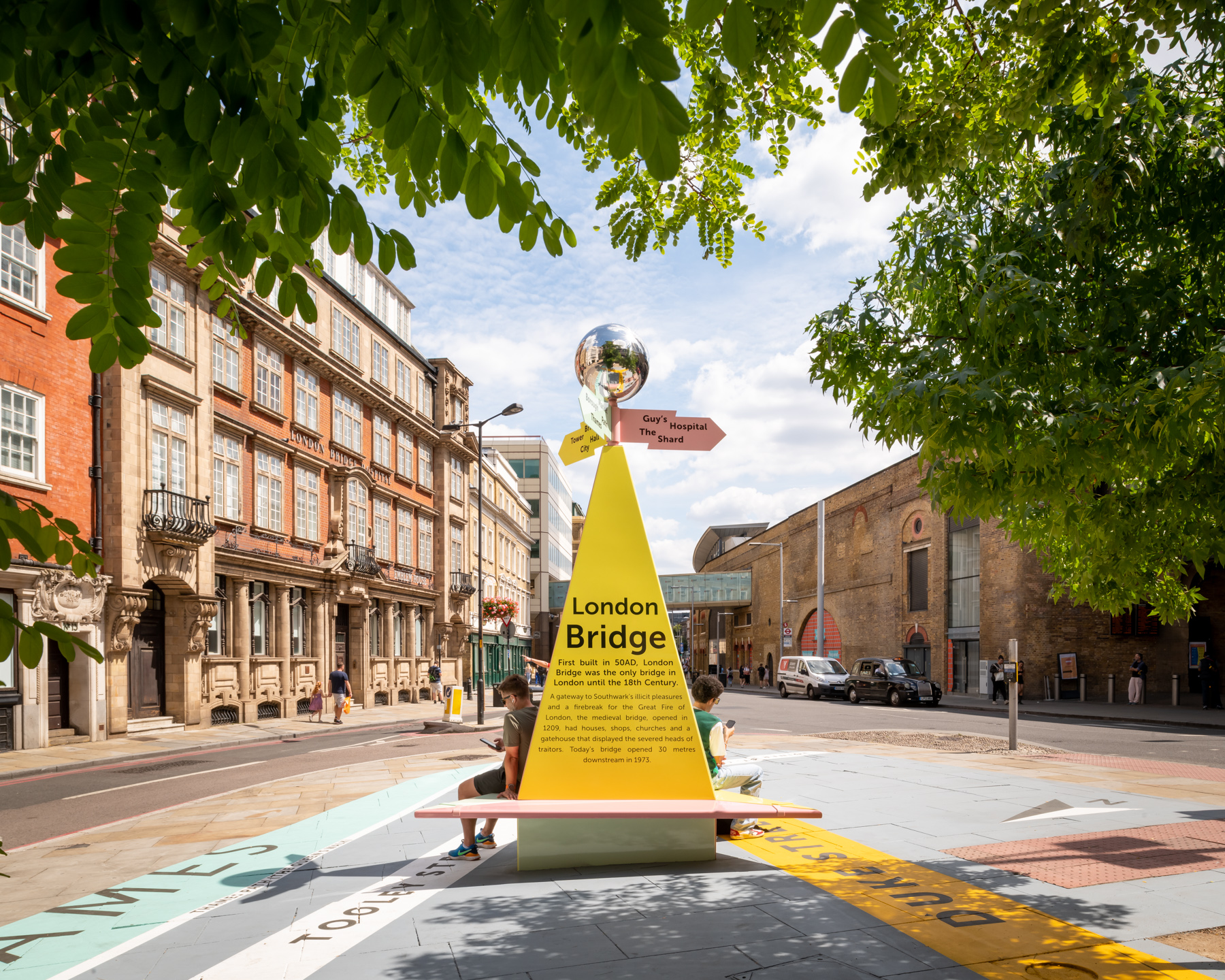 COMPETITION
|
COMPETITION
|
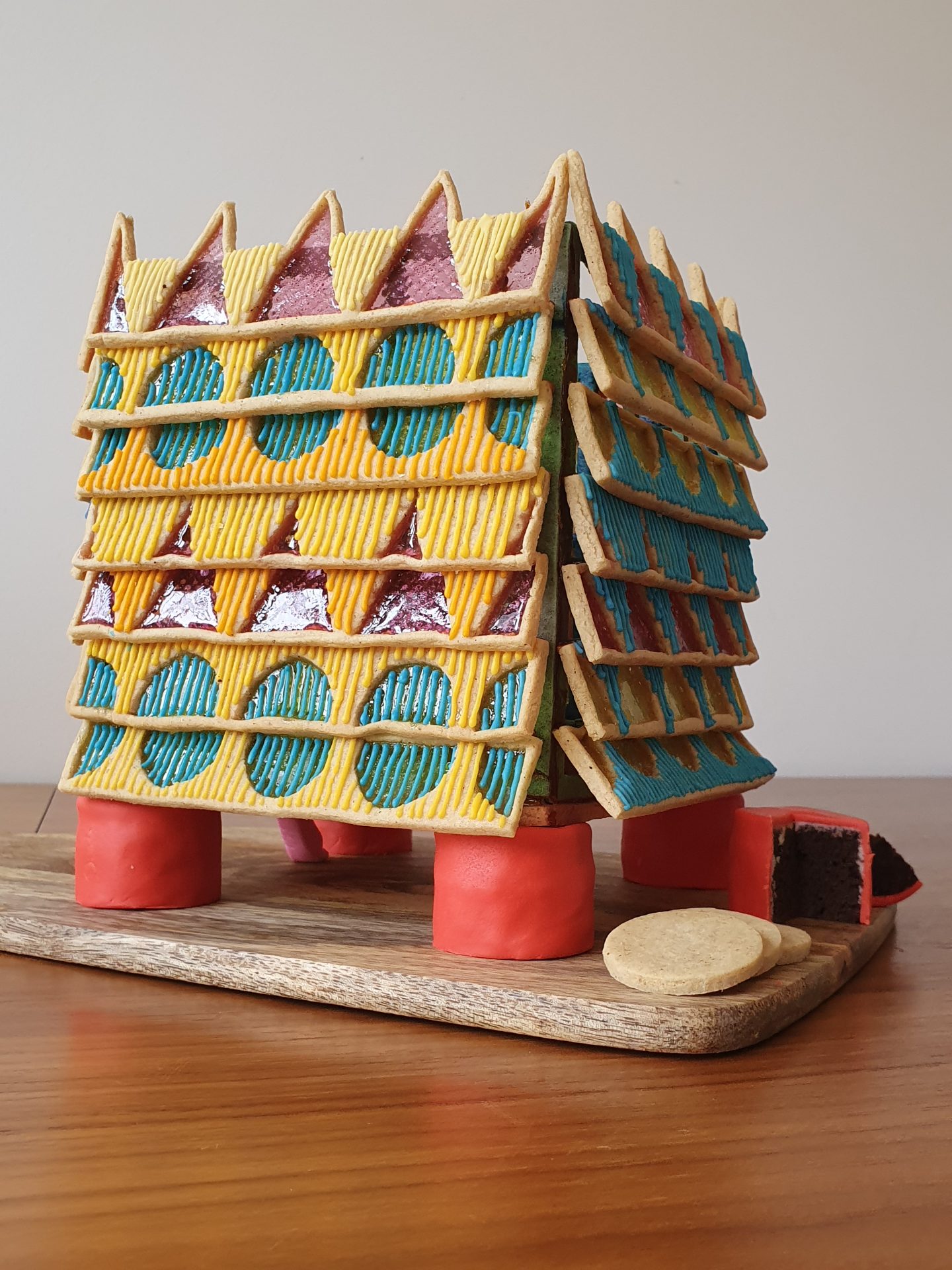 COMPETITION
|
COMPETITION
|
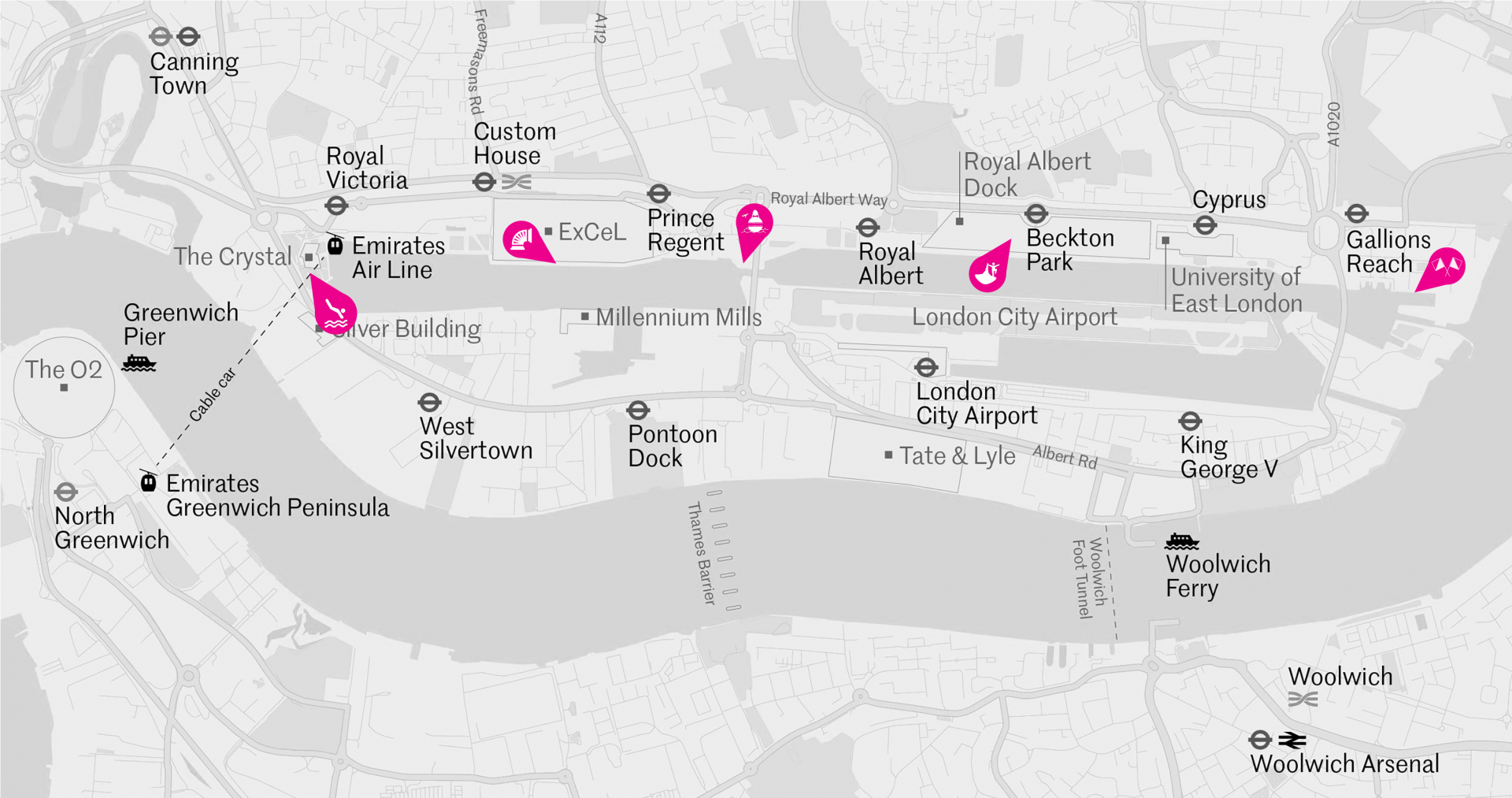 COMPETITION
|
COMPETITION
|
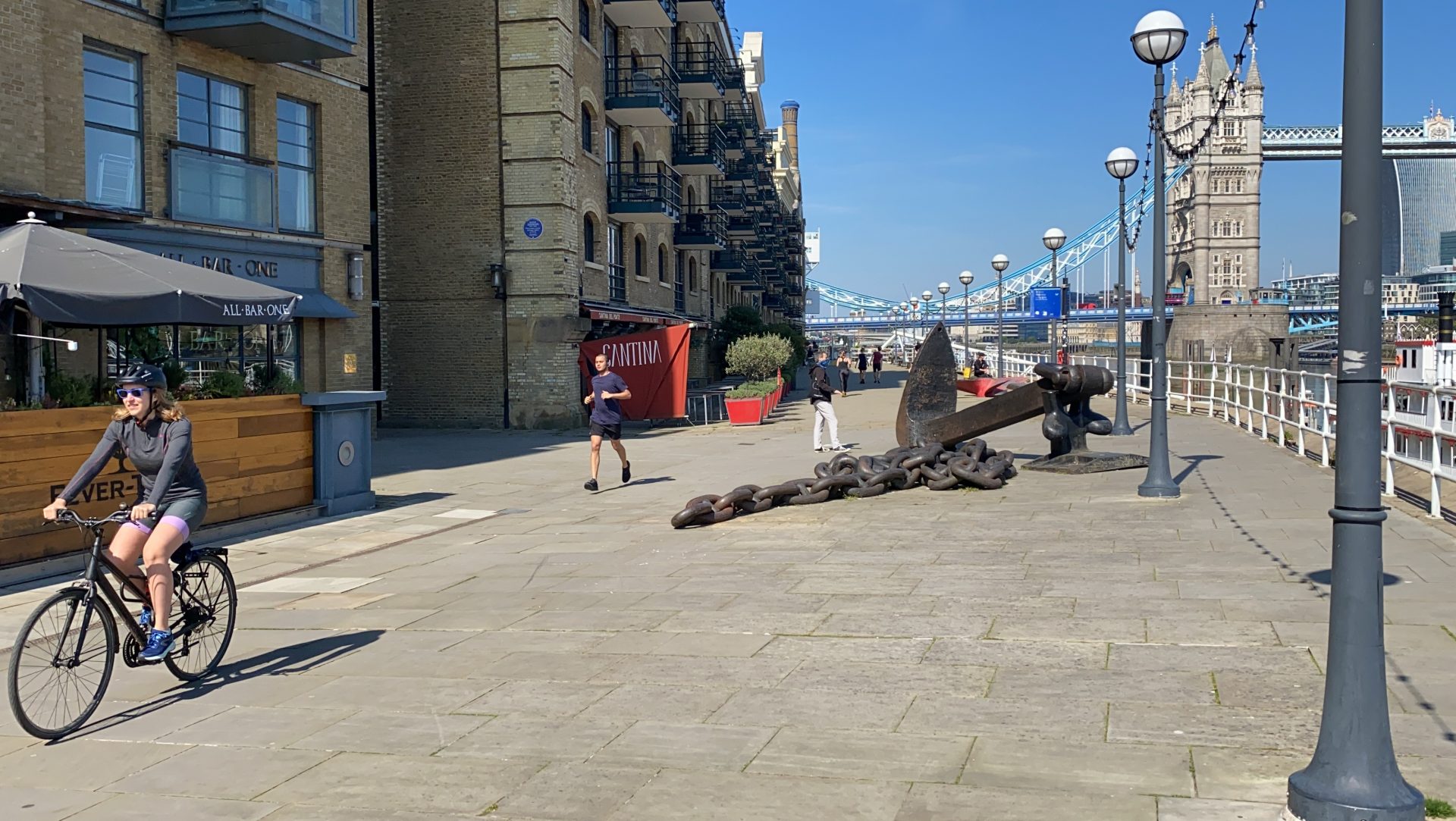 COMPETITION
|
COMPETITION
|
 NEWS
|
NEWS
|
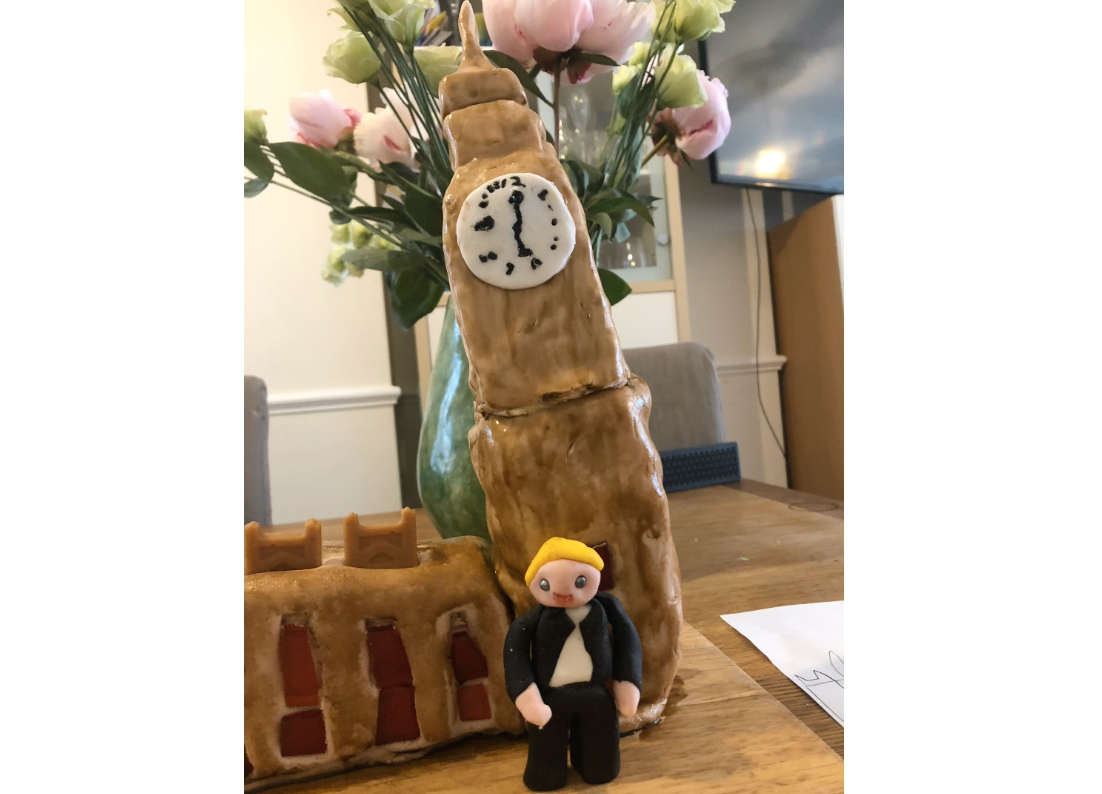 NEWS
|
NEWS
|